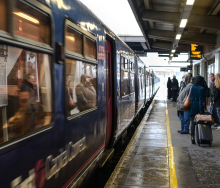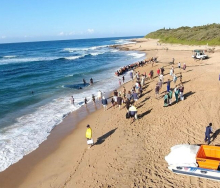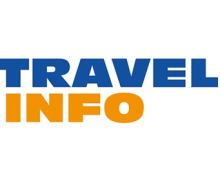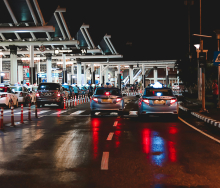A report on bot activity has revealed that travel is the second-most-targeted industry for attacks, with bad bot traffic increasing from 37,4% of all web traffic in 2023, to 44,5% in 2024.
Data security company Imperva recently released its Bad Bot Report for 2024, which defines a bad bot as a software application performing automated tasks with malicious intent, including extracting data from websites to reuse it. Some of these bots undertake criminal activities, including fraud and theft.
Earlier this year, Booking.com Safety Boss Marnie Wilking said there had been a 500-900% increase in online accommodation scams in the last 18 months, as reported by Travel News. She said the scams had begun shortly after ChatGPT was released, leading to suspicions that AI had been involved.
A report from Tech Financials found that impersonation scams were increasing in South Africa as a result of advances in AI. In the travel industry, these take the form of phishing attacks, in which scammers, impersonating travel providers, convince victims to hand over card details by using very convincing booking links and advertisements.
Researchers at Imperva said within the travel industry, airlines were particularly targeted. In August alone, SAA was forced to release two warnings to customers regarding social media scams. The scams impersonated the airline and advertised discounted tickets on WhatsApp and Facebook to steal card details.
Chief Marketing Officer of FlySafair, Kirby Gordon, told Travel News that the airline had seen an uptake in attempted online scams since the middle of last year, aligning with observations noted by Booking.com.
“I can’t say for certain that they are AI-driven but we have had our suspicions that this may be the case,” said Gordon.
The challenge with these scammers, according to Gordon, is that they are difficult to eradicate, due to the fact that they pop up so quickly.
He said FlySafair made an effort to try and take the scams down as fast as possible. “Thus far they are mostly perpetuated in social media so we work with the platforms to spot them and suppress them as soon as possible, which usually seems to dissuade them for a while.”














